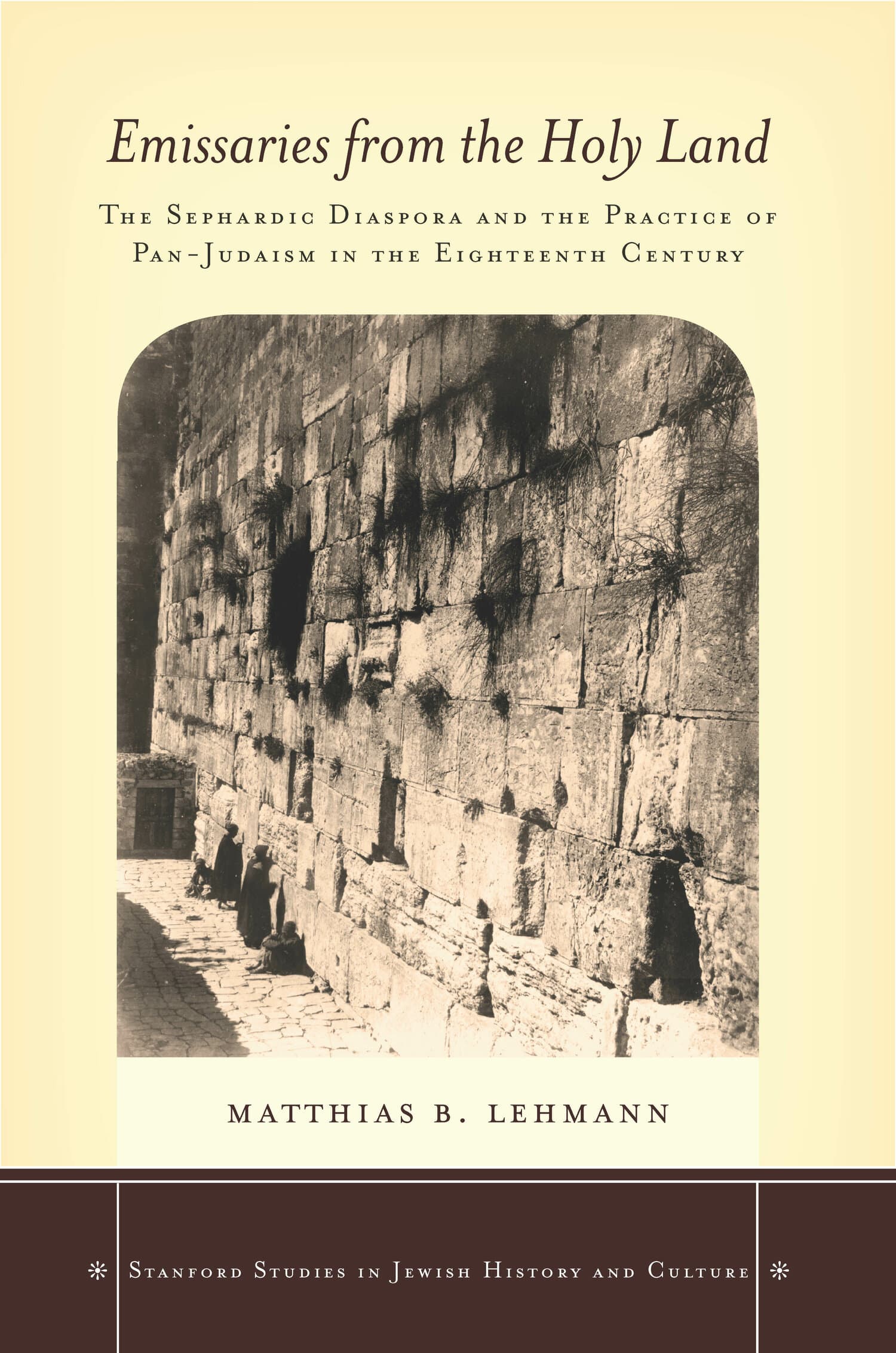Reading Israel, Reading America

American and Israeli Jews have historically clashed over the contours of Jewish identity, and their experience of modern Jewish life has been radically different. As Philip Roth put it, they are the "heirs jointly of a drastically bifurcated legacy." But what happens when the encounter between American and Israeli Jewishness takes place in literary form—when Jewish American novels make aliyah, or when Israeli novels are imported for consumption by the diaspora?
Reading Israel, Reading America explores the politics of translation as it shapes the understandings and misunderstandings of Israeli literature in the United States and American Jewish literature in Israel. Engaging in close readings of translations of iconic novels by the likes of Philip Roth, Saul Bellow, Bernard Malamud, Amos Oz, A. B. Yehoshua, and Yoram Kaniuk—in particular, the ideologically motivated omissions and additions in the translations, and the works' reception by reviewers and public intellectuals—Asscher decodes the literary encounter between Israeli and American Jews. These discrepancies demarcate an ongoing cultural dialogue around representations of violence, ethics, Zionism, diaspora, and the boundaries between Jews and non-Jews. Navigating the disputes between these "rival siblings" of the Jewish world, Asscher provocatively untangles the cultural relations between Israeli and American Jews.
"This sparkling book gives us real insight into the evolution of Israeli and American Jews' increasingly complex relationship. With impressive literary sophistication and wide-ranging historical knowledge, Omri Asscher reveals how translation has served not only as a bridge but as a site of encounter and even confrontation."—David Myers, University of California, Los Angeles
"A timely book; the relationship between Israel and America continues to resonate in 2020, perhaps even more so than it has in the past."—Moshe Weisblum, Association of Jewish Libraries Newsletter
"[A] fascinating and original study... Asscher's book is impressive, and it stands out as the first full-length study of literary translation in the context of Israeli-American Jewish relations during the period in question. It will surely serve as an important resource for future scholars in translation studies, Jewish studies, and those focusing on homeland/diaspora relations."—Anthony Wexler, AJS Review
"Omri Asscher's first book is surely one of the most interesting and critically consequential studies of Israeli literary culture to appear in the last few years, especially concerning its influence and reception abroad... [M]any readers of Reading Israel, Reading America's early chapters may never be able to fully place their complete trust in a translated Hebrew novel ever again... It cannot be overemphasized how often Asscher's discussion encompasses works that have had a tremendous influence on American readers... [W]e have no other study quite like it and future readers, scholars, and translators seeking to be more mindful of their own identities, biases, and practices, will surely be in his debt."—Ranen Omer-Sherman, Hebrew Studies
"Reading Israel, Reading America compellingly and thoroughly explores the politics of translation as it shapes the understandings and misunderstandings of Israeli literature in the United States and American Jewish literature in Israel. [...] Asscher vividly examines the ideology of these cultural agents in the literary field and provides a deep description of the main trends in the translation and integration of Hebrew literature in America and American Jewish literature in Israel in the second half of the twentieth century while also outlining the collective portrait they helped shape in those years in the respective literary fields. [...] [a] fascinating and original project."—Elazar Ben-Lulu, American Jewish History
"A comprehensive exploration of the politics of translation.... Asscher's book is a truly fascinating work, a major contribution to the question of how the dynamics of translation enhance our understanding, not only of Israeli and American Jewish literature, but of the respective societies themselves. Omri Asscher is nothing if not erudite in literature and sociology; there was the rare page in Reading Israel, Reading America from which this reviewer did not learn something.... [E]stimable."—Jerome A. Chanes, Contemporary Jewry




